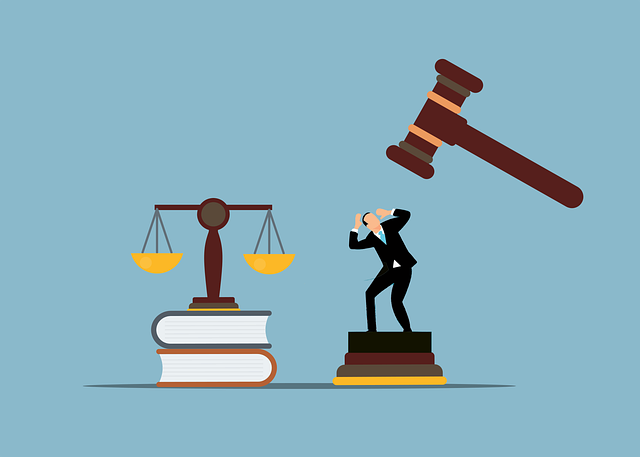Oregon's strict DUI laws carry severe penalties for those accused of driving while impaired. With a zero-tolerance policy, the state offers a robust legal framework that balances public safety with individual rights. The Oregon DUI guide equips individuals facing charges by detailing these laws and providing effective DUI defense strategies, including challenging evidence admissibility and test results. Understanding this framework is crucial for building a solid defense in a DUI case, whether for local residents or visitors.
“In Oregon, understanding the complex web of DUI (Drunk Driving Under Influence) laws is paramount for anyone facing such charges. This comprehensive guide delves into the intricacies of Oregon DUI laws, from definitions and penalties to blood alcohol content (BAC) limits. We explore effective defense strategies, navigating procedural errors, and distinguishing between impaired and intoxicated charges.
Furthermore, discover tactics like challenging evidence, building a robust defense team, and leveraging alternative explanations for elevated BAC levels. Our aim is to equip you with the knowledge to navigate Oregon’s DUI legal framework and fight for the best possible outcome.”
- Understanding Oregon DUI Laws: A Comprehensive Overview
- – Definition and penalties of DUI in Oregon
- – Legal age limit for drinking and driving
Understanding Oregon DUI Laws: A Comprehensive Overview

Understanding Oregon DUI Laws: A Comprehensive Overview
In Oregon, driving under the influence (DUI) is a serious criminal offense that carries significant penalties. The state has established a clear legal framework to address DUI cases, focusing on public safety and strict enforcement. Oregon DUI laws define impairment as having a blood alcohol content (BAC) of 0.08% or higher for drivers aged 21 and above, with stricter penalties for younger drivers. Law enforcement officers are empowered to conduct traffic stops based on reasonable suspicion of DUI, which includes observing erratic driving behavior or failing field sobriety tests.
The DUI legal framework in Oregon encompasses various elements that constitute a strong defense strategy. Effective DUI tactics include challenging the admissibility of evidence, questioning the validity of field sobriety test results, and raising doubts about the accuracy of breathalyzer readings. Knowledgeable Oregon DUI attorneys can navigate these complexities, providing clients with robust defenses tailored to their unique circumstances. This comprehensive guide equips individuals facing DUI charges in Oregon with a basic understanding of their rights and potential strategies to mount a credible defense.
– Definition and penalties of DUI in Oregon

In Oregon, Driving Under the Influence (DUI) is a serious criminal offense with significant penalties. The state has stringent laws to combat drunk driving, aiming to ensure public safety on the roads. Per Oregon DUI laws, operating a motor vehicle while under the influence of alcohol or controlled substances is illegal. Penalties for a DUI conviction in Oregon can include hefty fines, license suspension or revocation, and potential jail time. The legal framework around Oregon DUI cases is designed to protect both the rights of individuals accused and the public’s interest in holding accountable those who drive intoxicated.
Understanding these laws and exploring effective DUI defense strategies are crucial steps for anyone facing an Oregon DUI charge. A well-prepared defense can challenge the prosecution’s case, potentially leading to a favorable outcome or reduced charges. This guide provides insights into various DUI legal frameworks and offers effective DUI tactics to navigate the complexities of Oregon DUI cases, ensuring individuals have access to robust defenses tailored to their unique circumstances.
– Legal age limit for drinking and driving

In Oregon, individuals must be at least 21 years old to legally purchase and consume alcohol, as per Oregon DUI laws. This age restriction is a critical component of the state’s legal framework regarding driving under the influence (DUI). Despite this rule, many young adults still find themselves facing Oregon DUI charges due to impulsive decisions or peer pressure. Understanding this legal age limit is the first step in formulating effective DUI defense strategies.
Knowing the local laws and regulations related to drinking and driving is essential for anyone who might find themselves in a DUI case. For Oregon residents and visitors alike, it’s crucial to be aware that law enforcement officials strictly enforce these rules. This awareness can help individuals make more responsible choices and prepare them to employ effective DUI tactics if they ever become involved in a situation where their alcohol consumption impacts their ability to drive safely.






